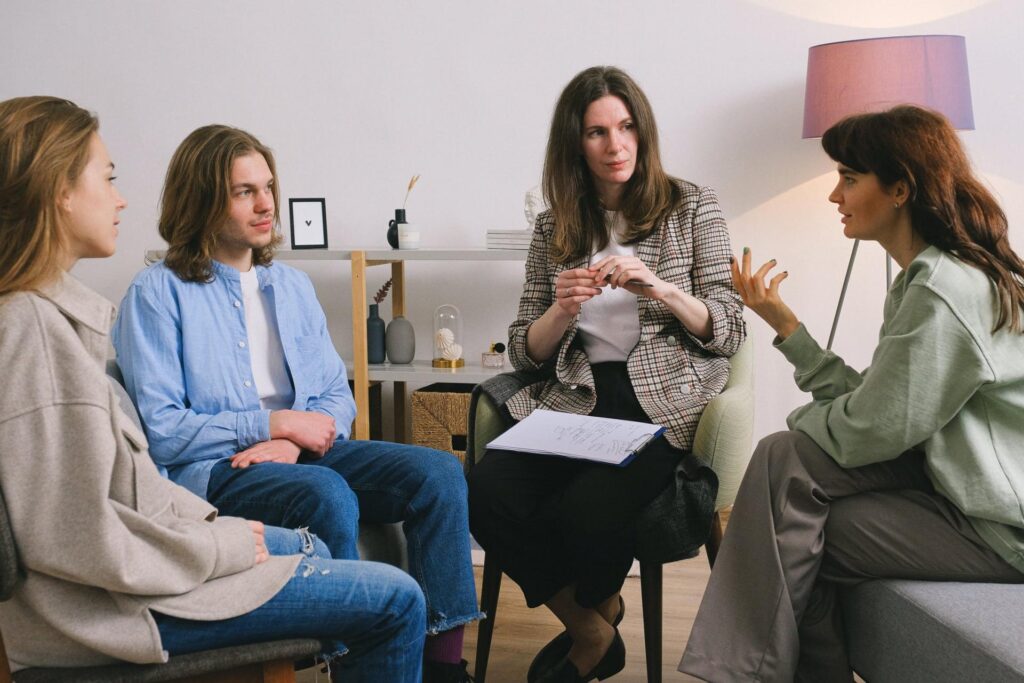Improve Your Communication Skills, Become A Better Listener

Listening, often overlooked, is a vital aspect of the human communication process. While speaking is often practised and emphasised by many, the art of listening isn’t one on which we find people spending much effort. In actuality, listening is easy and can be improved by following just a few simple steps.
Being a good listener means that everything you hear comes directly from the speaker and not from your interpretation of their words. This means that, as the speaker is talking, you are listening to the words as they are being spoken instead of trying to guess the point that the speaker is trying to make. People are often guilty of jumping to conclusions when they do this, and, in doing so, they disrupt their listening ability. When jumping to conclusions, the person often doesn’t hear the speaker’s message because it is blocked out by his or her own assumptions.
Good listeners absorb all of the information while the words are being spoken and avoid thinking ahead and forming their own conclusions.
Giving the speaker your undivided attention is probably one of the most important tips to good communication.
Concentrate on the speaker’s words and avoid tuning out their message. When speaking on the phone, many people engage in other activities such as reading newspapers, checking email and other activities that can distract from the conversation. Many listeners zone out during face-to-face situations by either thinking about their response to the speaker or by daydreaming about something completely unrelated to the subject.

When you allow yourself to be distracted, your listening skills are not what they need to be. Missing a critical point of the speaker’s presentation can be the result of just a small amount of distraction. If you can focus your attention completely on the speaker, you will hear all that is being said. In addition, you can ensure that you are being a good listener and are taking in all of the pertinent information.
One technique of being a better listener involves creating mental images of the speaker’s words. This is a way of visualisation that allows you to really comprehend the words you are hearing.
These visualisation skills can enhance the way that people process information. By using these mental images, you will help yourself by retaining the information you have just heard. This enhanced and improved comprehension makes you a better listener.
Taking care to note your body language can be another way to be a good listener. You will offend your listener if you engage in body language that lets the speaker feel that he or she is not being listened to. Behaviours such as avoiding eye contact, crossing your arms or wincing can send a message to a speaker that you are not really listening to them. These types of body language or mannerisms can result in the conversation being cut short because the speaker does not feel you are interested in what they are saying.
You can also consider asking questions that relate to the speaker’s statements. This technique can also help you to become a better listener. Remember to ask questions without allowing your questions to interfere with your listening ability. If you find yourself focusing on one of the speaker’s key points and spending the rest of the conversation trying to think of a question that addresses that point, you will miss a lot of information. Instead, try asking your questions immediately when you think of them. This way, you can have your question answered in the context of the speaker’s presentation without having it affect your listening abilities. When you ask questions as part of listening, it allows the speaker to recognise that his or her presentation is being followed and that you are interested in learning more about the topic.

If you practice your listening skills, you will be well on your way to becoming a better listener. Try making a conscientious effort to use your listening skills each time you speak to someone or participate in a presentation. Remain completely focused on the conversation or presentation and try not to guess what the speaker is going to say. Create mental images of the words being spoken and ask valid questions to confirm what you have just heard. Each time you have the opportunity to listen, try to work on these important listening skills.
While listening is not as widely practised as speaking in the art of conversation, it is just as important. When you are an excellent listener, you will not only ensure that you are receiving information but also assure the speaker that you care about the information being presented and that you understand their message.






